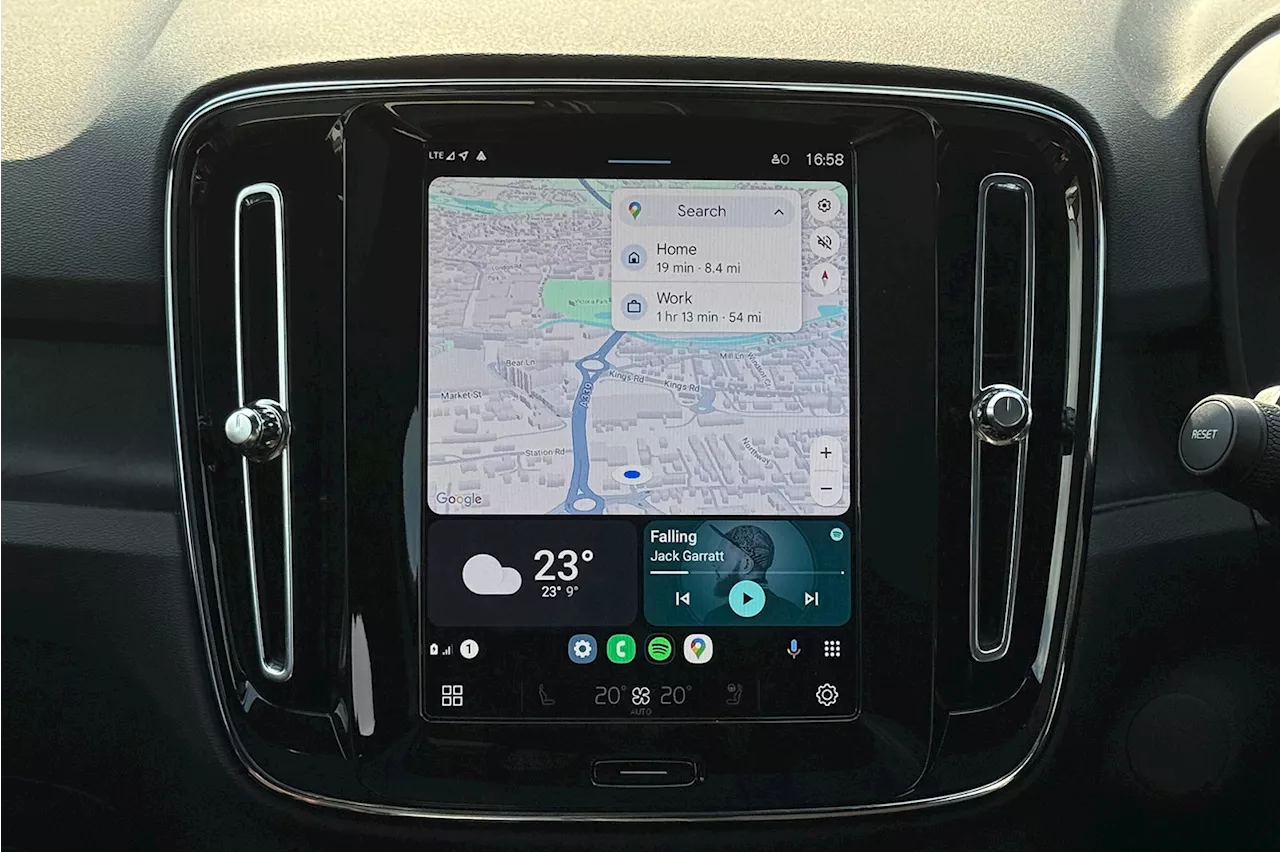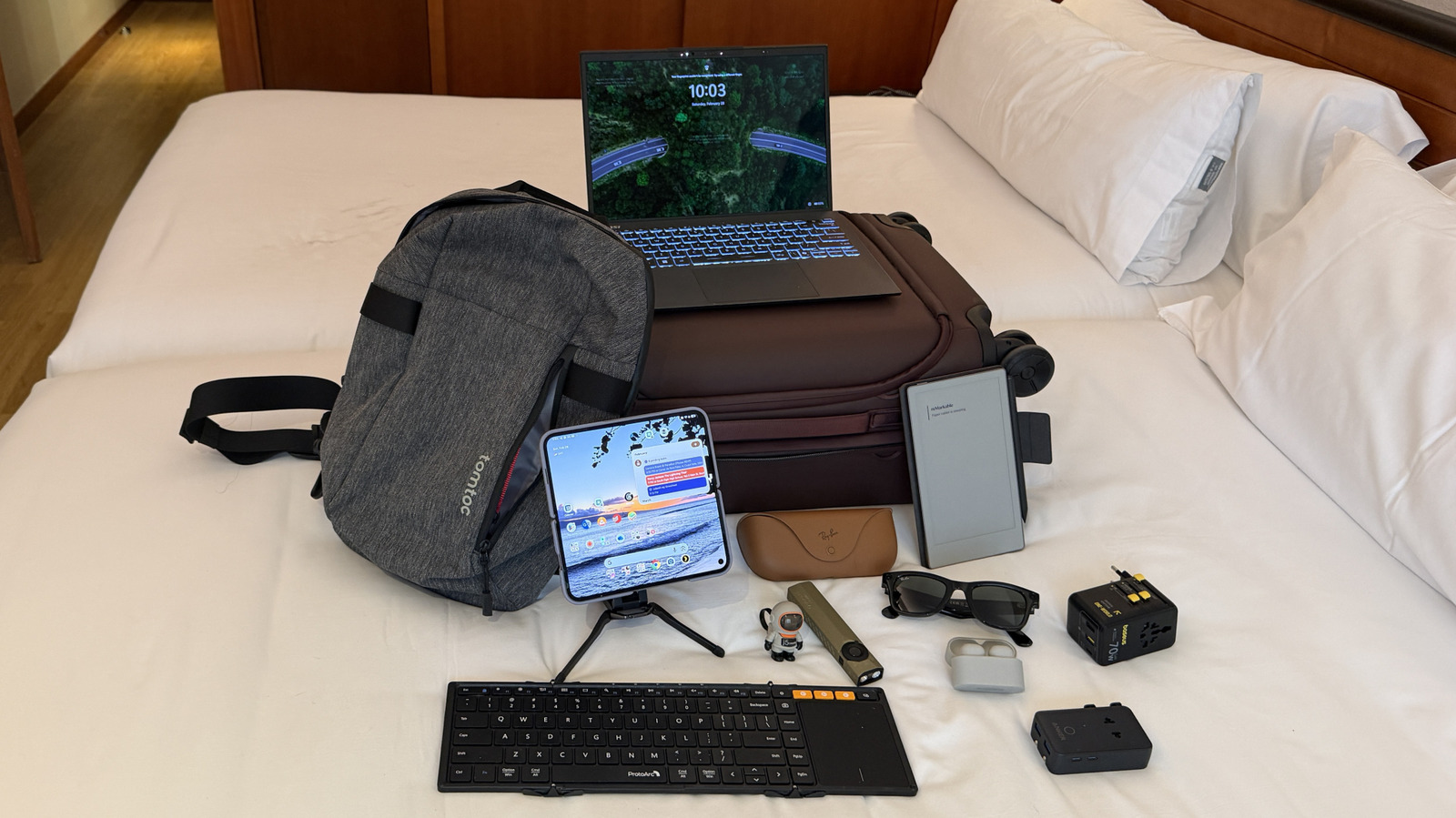Google is set to launch a long-awaited feature for its Search app on Android, allowing users to switch to incognito mode directly from the search bar. This update, which aligns Android functionality more closely with existing features on iOS, addresses a notable disparity that has frustrated users for years.
Currently, the Google app on iOS enables a seamless transition to incognito mode when users initiate a search. This functionality is not available on the Android version, a situation that has drawn criticism from tech enthusiasts and users alike. According to information from Android Authority, the new toggle will appear above the keyboard in the Android app, labeled “History Off Search,” in contrast to the “Incognito Mode” designation seen on iOS.
When users activate this incognito toggle, their search results will open in a Chrome Custom Tab, already set to incognito mode. This means that links clicked during the browsing session will also open in incognito mode, maintaining user privacy throughout the experience. Although a similar feature exists on iOS, where users can tap and hold their avatar to enter incognito mode, this option is currently unavailable for Android users.
As of now, the incognito toggle is not yet live on the Google app for Android, but it is expected to be available in an upcoming update. The rollout of this feature is significant, considering the ongoing perception that iOS apps often receive enhancements before their Android counterparts.
While the addition of an incognito mode toggle may not seem revolutionary, it highlights a curious trend where Google has prioritized features for a competing operating system. Many Android users have expressed frustration over this inconsistency, feeling that they deserve equal access to the features available on iOS.
Tech journalist Ilia, who has reported on the mobile industry since 2011, emphasizes that this new feature is a step towards bridging the gap between Android and iOS. Originally from Bulgaria and currently based in Lima, Peru, Ilia brings a wealth of knowledge and insight into consumer technology, having closely followed the evolution of mobile devices.
As Google prepares for this update, users will be looking forward to a more streamlined search experience that prioritizes privacy and functionality. For many, this change may signal a commitment from Google to enhance the Android app experience, making it more competitive with iOS offerings.
In conclusion, the anticipated introduction of the incognito mode toggle on the Google app for Android serves as a reminder of the evolving landscape of mobile technology. It reinforces the importance of user feedback in shaping app features and highlights the ongoing competition between major operating systems.







